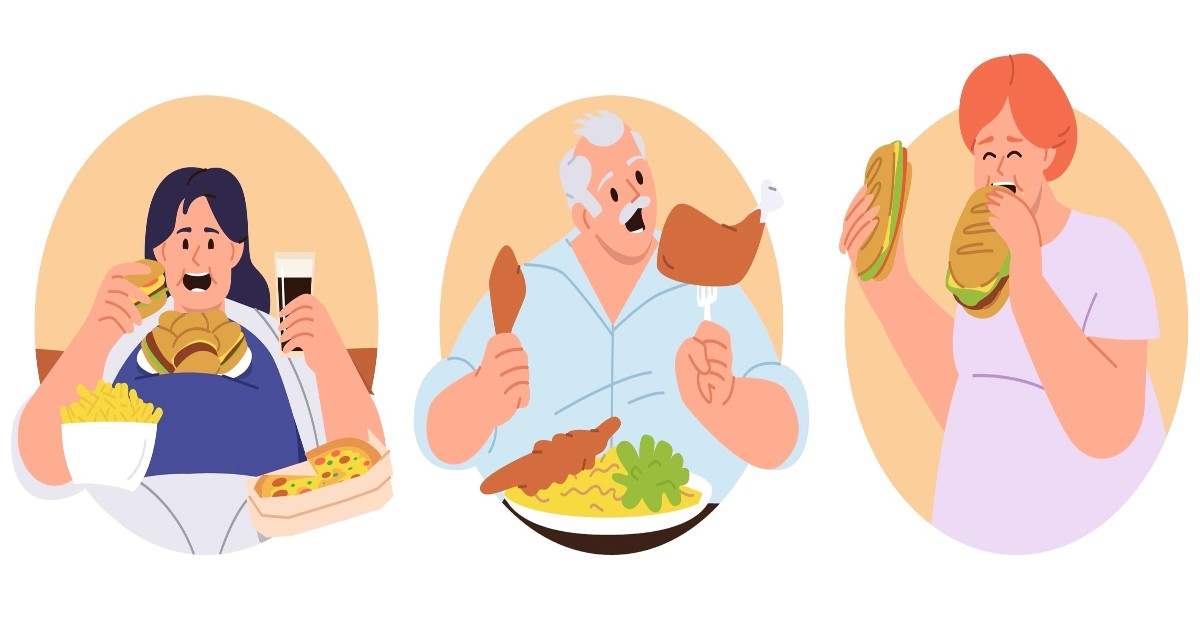3 Unhealthy Habits That Pose Risks for High Cholesterol Patients
High cholesterol is a common health concern affecting millions of people worldwide. While medication and dietary changes are often recommended to manage cholesterol levels, certain unhealthy habits can exacerbate the problem and increase the risk of complications. In this article, we’ll explore three habits that pose significant risks for individuals with high cholesterol.
Sedentary Lifestyle:
Leading a sedentary lifestyle, characterized by minimal physical activity and long periods of sitting or lying down, can have detrimental effects on cholesterol levels. Regular exercise is crucial for managing cholesterol levels and reducing the risk of heart disease. Physical activity helps to raise levels of high-density lipoprotein (HDL) cholesterol, often referred to as “good” cholesterol, which helps remove low-density lipoprotein (LDL) cholesterol, the “bad” cholesterol, from the bloodstream.
Individuals with high cholesterol should aim for at least 150 minutes of moderate-intensity aerobic exercise, such as brisk walking, cycling, or swimming, per week. Additionally, incorporating strength training exercises into their routine can help improve muscle mass and metabolism, further supporting heart health. By adopting a more active lifestyle, high cholesterol patients can effectively manage their condition and reduce the risk of complications.
Unhealthy Diet:
Diet plays a significant role in cholesterol management, and consuming foods high in saturated and trans fats can contribute to elevated cholesterol levels. High cholesterol patients should avoid foods such as red meat, full-fat dairy products, fried foods, and processed snacks, which are sources of unhealthy fats that can raise LDL cholesterol levels.
Instead, individuals with high cholesterol should focus on incorporating heart-healthy foods into their diet, such as fruits, vegetables, whole grains, legumes, nuts, seeds, and lean proteins like fish and poultry. These foods are rich in nutrients, fiber, and antioxidants, which can help lower LDL cholesterol levels and improve overall heart health.
Moreover, limiting the intake of dietary cholesterol from sources like egg yolks and shellfish can also be beneficial for individuals with high cholesterol. By adopting a balanced and nutritious diet, high cholesterol patients can better manage their condition and reduce the risk of cardiovascular disease.
Smoking:
Smoking is a well-known risk factor for heart disease and can have detrimental effects on cholesterol levels. Tobacco smoke contains harmful chemicals that can damage blood vessels, reduce HDL cholesterol levels, and increase the buildup of plaque in the arteries, leading to atherosclerosis and other cardiovascular complications.
Individuals with high cholesterol who smoke are at a significantly higher risk of heart attacks, strokes, and other cardiovascular events compared to non-smokers. Quitting smoking is essential for improving cholesterol levels and reducing the risk of heart disease. Smoking cessation can lead to significant improvements in HDL cholesterol levels, as well as overall cardiovascular health.
Fortunately, there are many resources available to help individuals quit smoking, including counseling, support groups, nicotine replacement therapy, and prescription medications. By quitting smoking and adopting a healthier lifestyle, high cholesterol patients can significantly reduce their risk of complications and improve their quality of life.
In conclusion, certain unhealthy habits can pose significant risks for individuals with high cholesterol. Adopting a more active lifestyle, following a heart-healthy diet, and quitting smoking are essential steps for managing cholesterol levels and reducing the risk of cardiovascular disease. By making positive changes to their lifestyle, high cholesterol patients can protect their heart health and enjoy a longer, healthier life.



